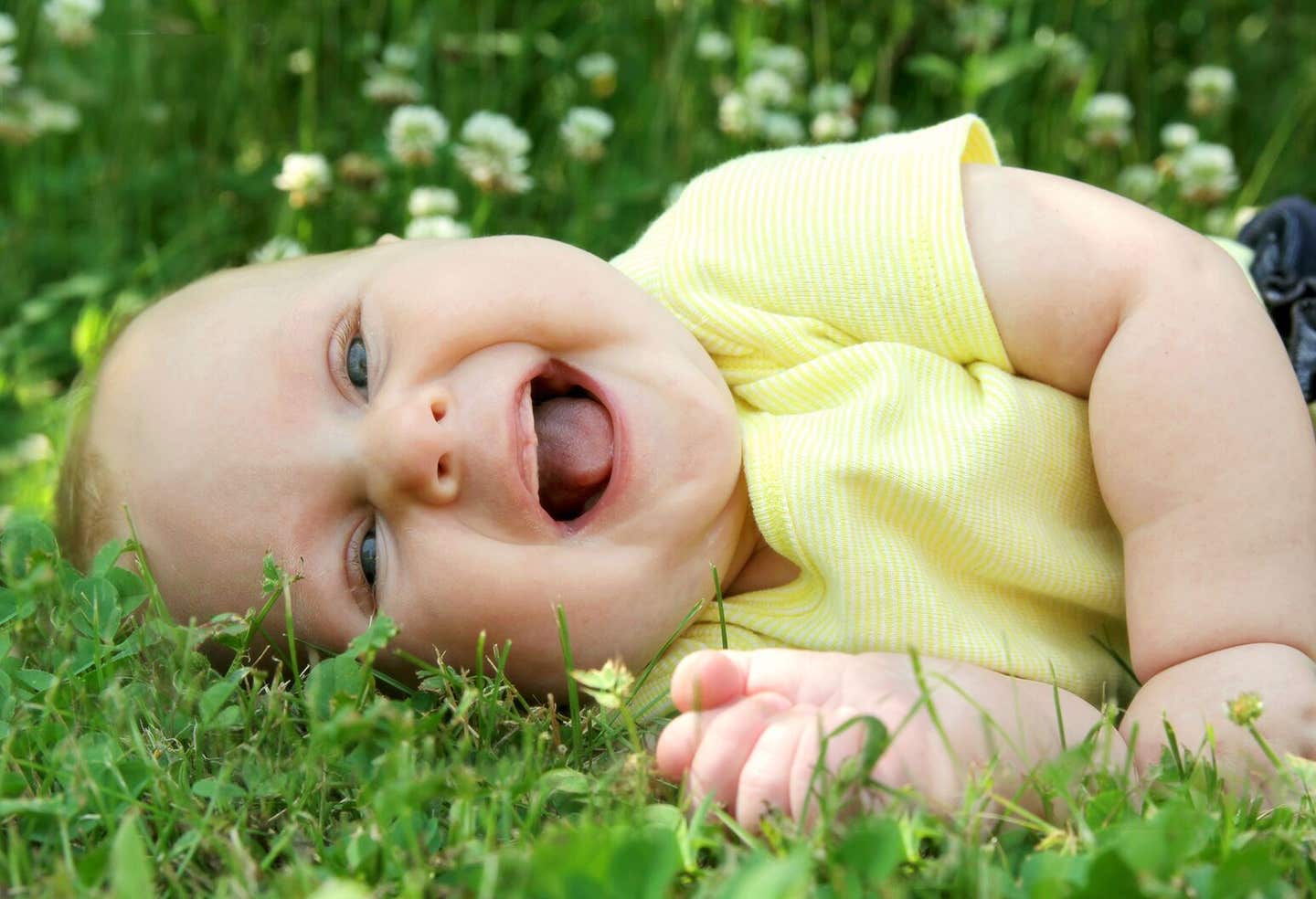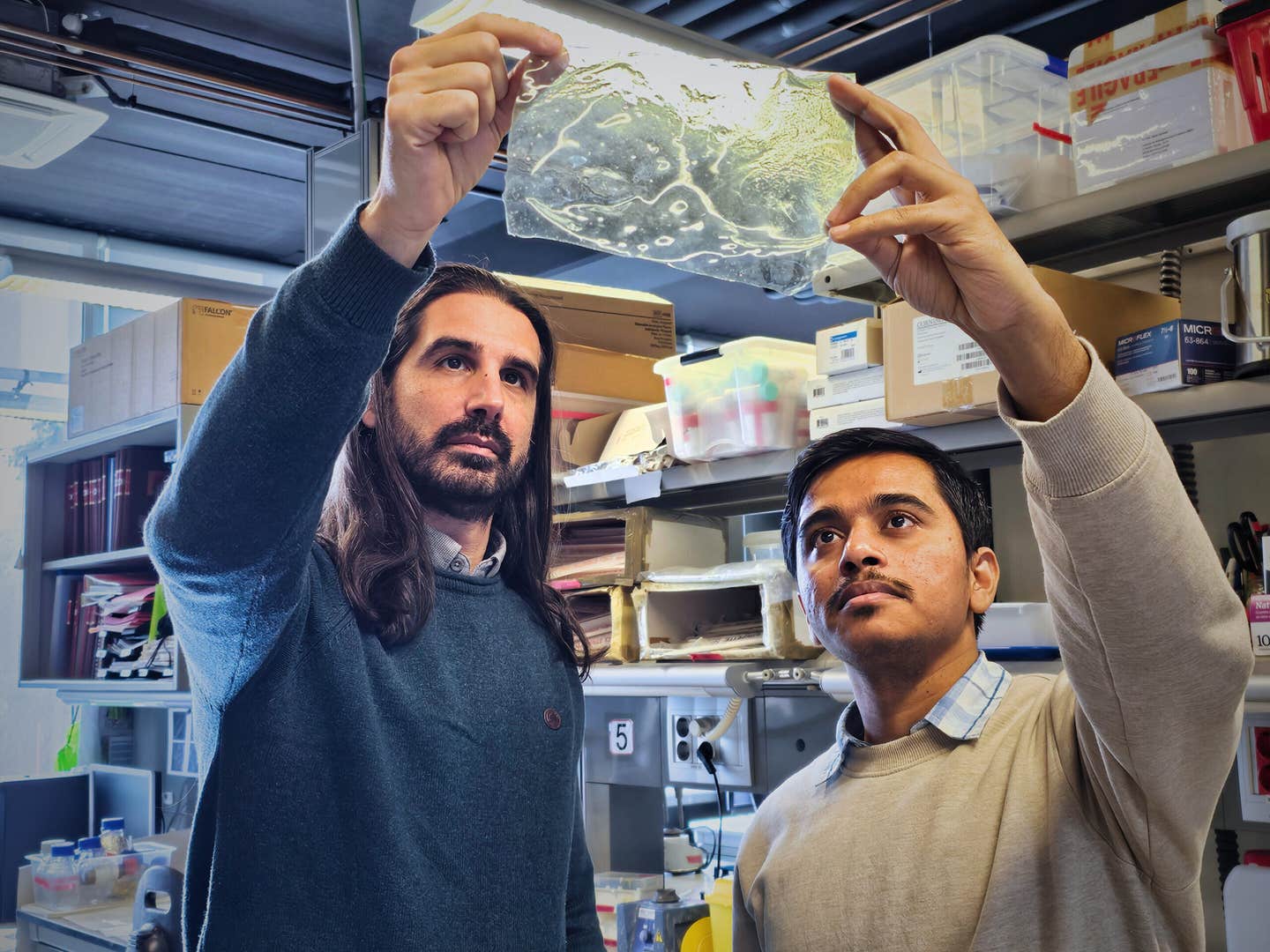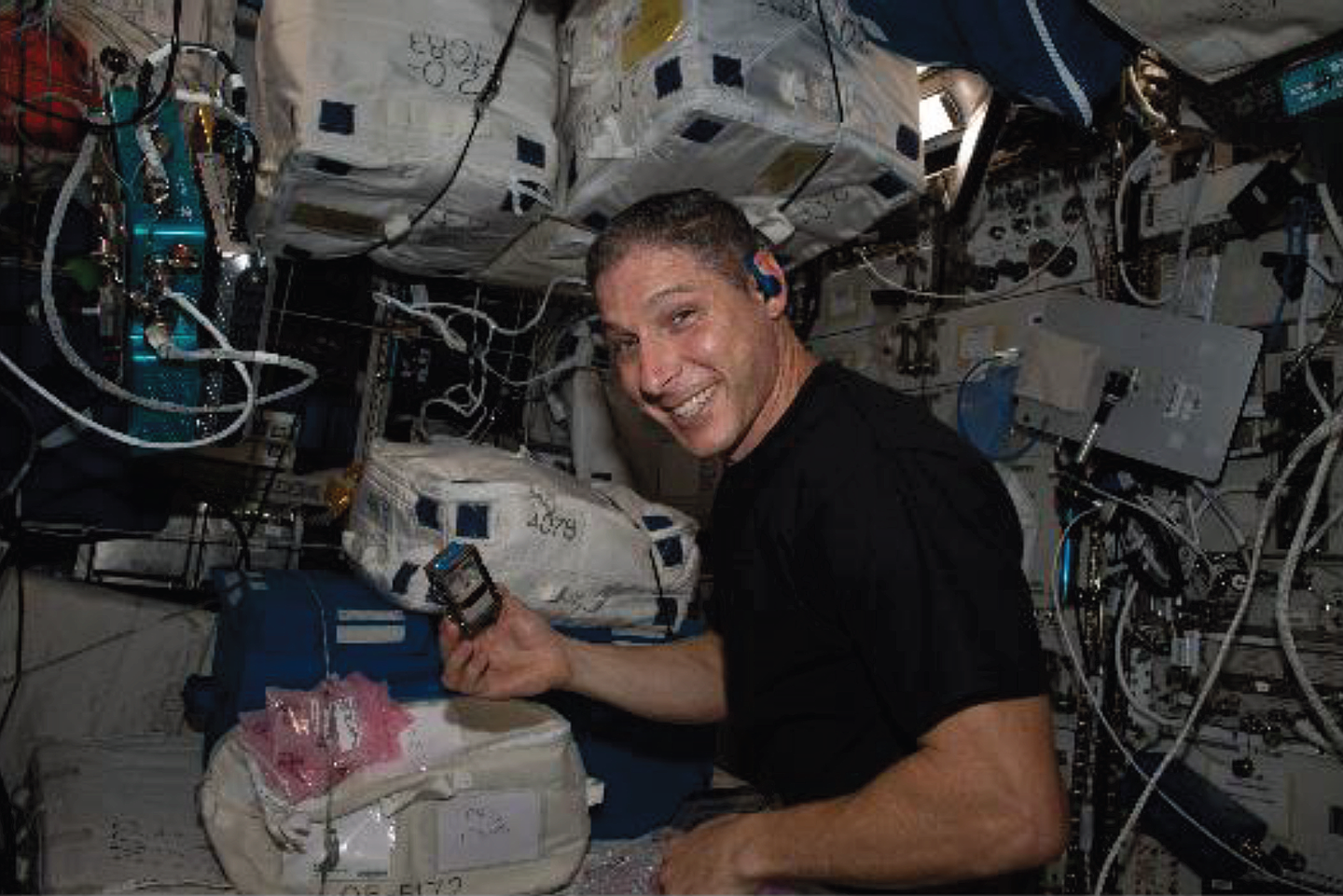Researchers find that moral instincts may be present from birth
At just five days old, newborns already recognize and prefer kind behavior, pointing to built-in social instincts from birth.

Because they have barely been exposed to the world, children are some of psychology’s most powerful muses. (CREDIT: iStock)
They may not be able to walk or talk, but even at just five days old, babies already seem tuned in to social behavior. New research shows that newborns can tell the difference between helpful and unhelpful actions, and they prefer the helpful ones. This discovery suggests that human beings might come into the world with a built-in ability to recognize and favor kindness.
Newborn Eyes on Kindness
In a Nature Communications study, researchers found that newborns looked longer at animations showing helpful rather than harmful behaviors. The babies were just five days old and had almost no real-world experience. Still, they showed a clear interest in kind and friendly actions.
“This tells us that babies aren’t just reacting to distinct patterns of motion,” explained Dr. Kiley Hamlin, a psychologist at the University of British Columbia and one of the study’s lead researchers. “They seem to be responding to the social meaning behind those motions.”
Dr. Hamlin worked alongside Dr. Alessandra Geraci from the University of Catania in Italy. Other team members included Luca Surian of the University of Trento and Lucia Gabriella Tina from ARNAS Garibaldi Hospital. Their goal was to better understand whether moral preference—favoring kindness over harm—is present from birth.
To test this, they showed short looping animations to 90 newborns. In one video, a ball tried to climb a hill. Another ball came along and gave it a push, helping it reach the top. On the other side of the screen, a similar video played, but this time the second ball knocked the climber back down. Time and again, the babies looked longer at the helping behavior.
Friendly Faces Stand Out
The researchers ran additional tests to confirm their results. In another set of animations, a ball moved toward another, suggesting friendliness or curiosity. A separate video showed the opposite—a ball moving away, as if avoiding the other. Once again, newborns focused more on the friendly action.
Related Stories
- Breakthrough study reveals that cancer risk is set before birth
- Global study explores if excessive wealth is a moral issue
To make sure their results weren’t based on how the balls were moving, the researchers included control videos with random motion and no social interaction. In those cases, the infants showed no clear preference. That confirmed the babies weren’t just fascinated by specific types of motion. They were interested in the meaning behind the actions.
According to Dr. Hamlin, these findings challenge common assumptions about newborn sight. “Newborns don’t see well far away, but they can see pretty well up close—and motion captures their attention,” she said. “Our animations were presented right in front of babies’ faces, in high contrast, with simple motions that repeated over and over. That’s exactly the kind of thing newborns are good at detecting.”
Hardwired to Prefer Goodness?
This study builds on years of earlier research that showed older babies, around six to ten months, preferred helpful characters. But those babies had more time to observe people and learn from the world around them. By focusing on five-day-old newborns, the researchers aimed to find out whether this moral preference could be present before any significant experience. What they found points to a fascinating possibility: the foundations for morality might be in place from the very start of life.
“These babies have almost no experience with the social world, and yet they’re already picking up on friendly versus unfriendly interactions, on helping versus hindering,” said Dr. Hamlin. “That could be telling us something really important about human nature.”
Most five-day-old infants spend their time sleeping and eating. Their limited eyesight means they can’t take in much of the world unless something happens right in front of them. So it’s unlikely they could have already learned to prefer helpful behavior. Yet they clearly did. That fact supports the idea that humans may be born with the basic tools for social understanding.
The Roots of Moral Thinking
The newborns’ preferences don’t mean babies are born knowing what is morally right or wrong the way adults do. But their attention to friendly, helpful interactions suggests the early building blocks of social judgment are already present in the brain. These roots may later grow into a full understanding of fairness, empathy, and ethics.
Humans are social creatures. Cooperation and kindness help communities thrive. The ability to recognize good behavior early could be an evolutionary adaptation that strengthens group living. “There's been a lot of debate about whether morality is learned or innate,” Dr. Hamlin noted. “This study doesn’t settle that debate, but it certainly pushes the needle toward the idea that some parts of our moral sense are built in.”
The researchers are careful to say that these results don’t prove babies are moral decision-makers. But the study gives insight into how the mind may come prepared to make social distinctions—long before language or memory come into play.
A Universal Beginning?
The idea that babies are naturally drawn to kindness isn’t just heartwarming—it could also help scientists understand more about how people develop complex social skills. From early infancy, humans rely on others for survival. Reading social cues might be one of the first skills babies learn, and this study shows they may not even need to learn it. It could be something they are born with.
If these basic preferences are universal, they could explain why people across cultures value fairness, generosity, and empathy. While life experiences shape moral beliefs over time, the seeds of those values might be planted before we even know our own names.
In short, the newborn brain may come ready to spot a helping hand—and to like what it sees.
Note: The article above provided above by The Brighter Side of News.
Like these kind of feel good stories? Get The Brighter Side of News' newsletter.



